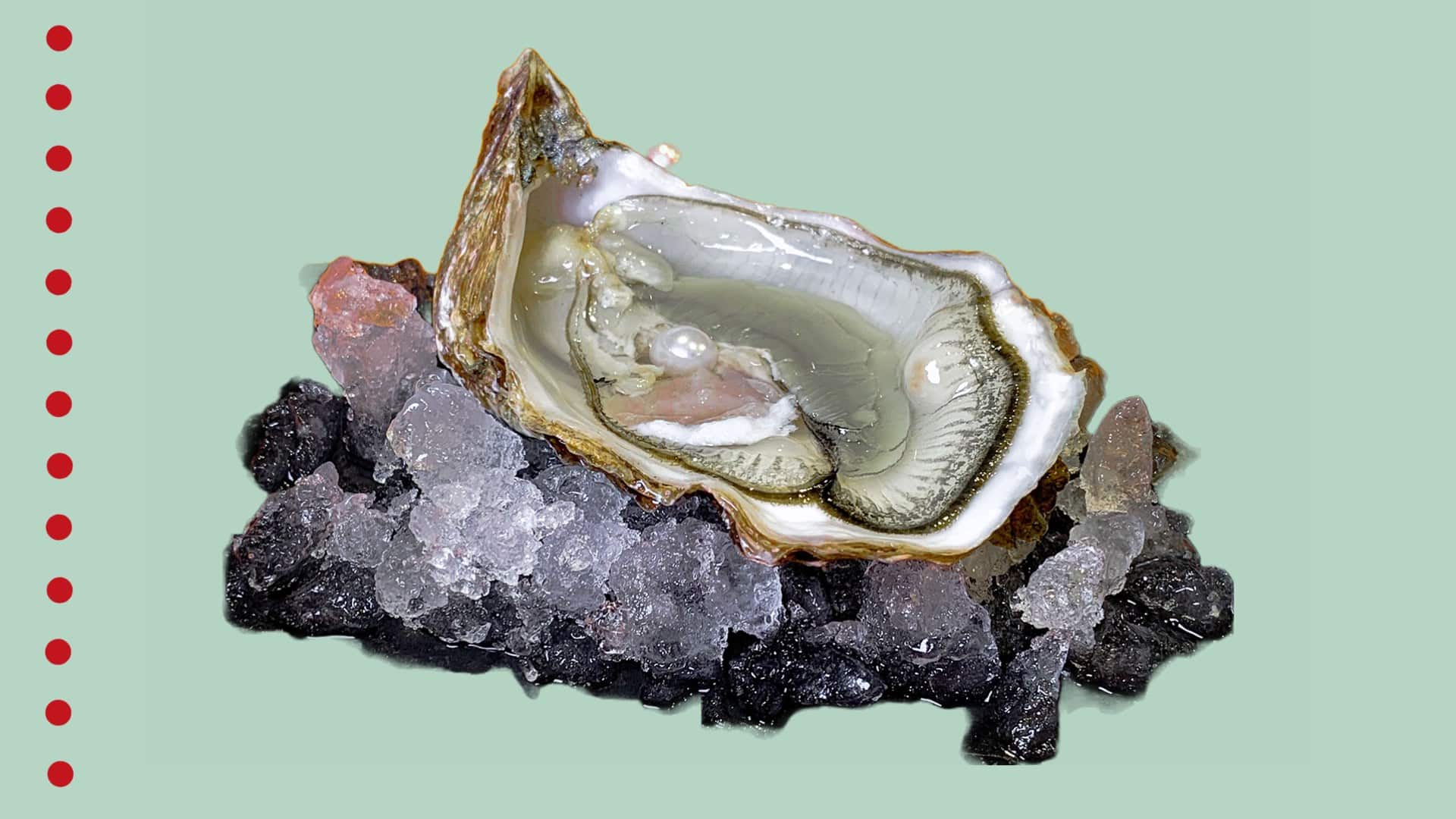What is manganese deficiency?
A deficiency of manganese is very rare, and there are no specific groups of people known to be at risk for developing a deficiency. Therefore, symptoms showing a deficiency have not been clearly established. The absorption of manganese may decrease if it’s consumed with iron-rich foods, as these minerals compete for the same proteins that help with their absorption in the intestines.
The very limited evidence in humans suggests that manganese deficiency might cause bone demineralization and poor growth in children, along with skin and general well being-related effects. Manganese deficiency might also alter lipid and carbohydrate metabolism and cause abnormal glucose tolerance.
Common manganese deficiency symptoms:
- Bone weakness
- Skin rash
- Loss of hair color
- Mood changes
- Premenstrual pain
- Hair depigmentation
- Slow growth in children
What causes a manganese deficiency?
No known groups of people are likely to have inadequate manganese intakes. Low manganese levels may be caused by:
- A diet lacking in manganese-rich foods
- A high-iron diet
Further reading: Harvard School of Public Health, National Institutes of Health (1),(2)
